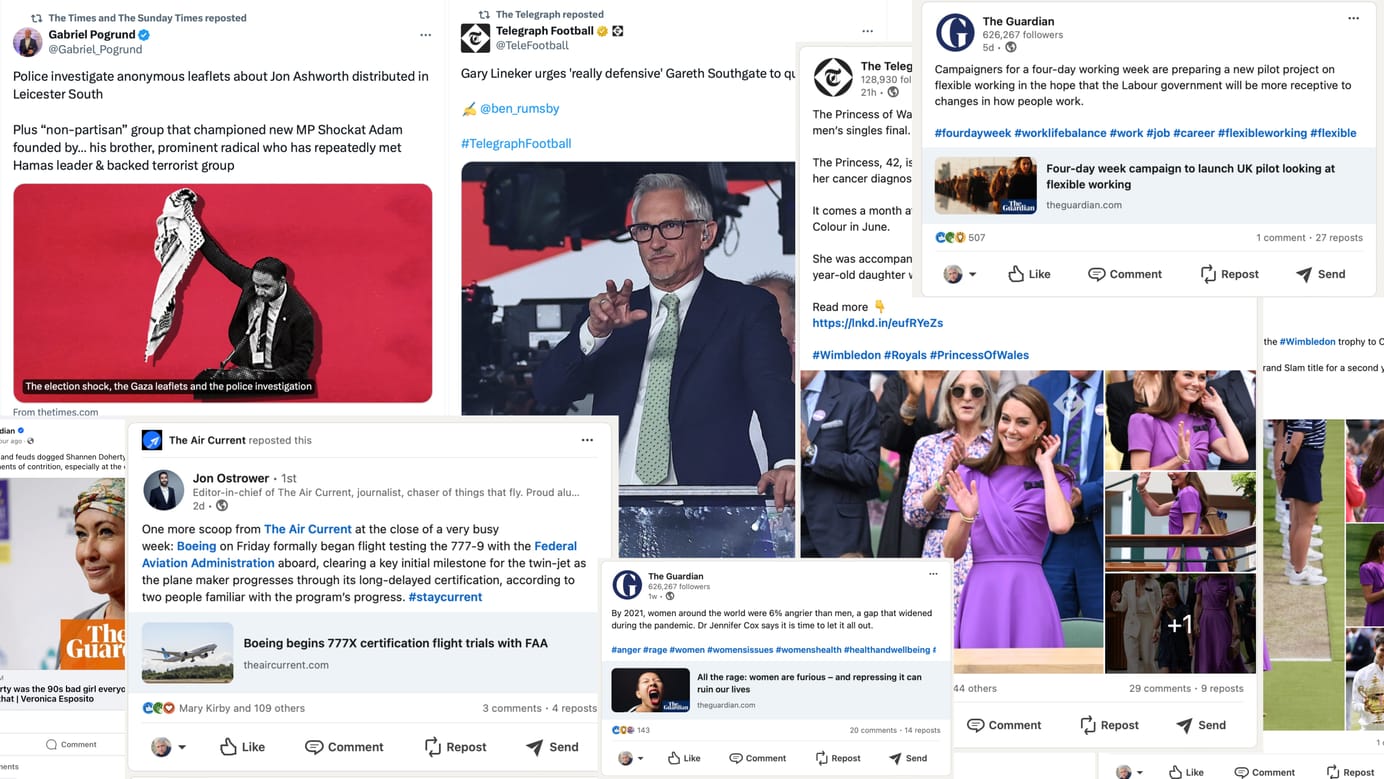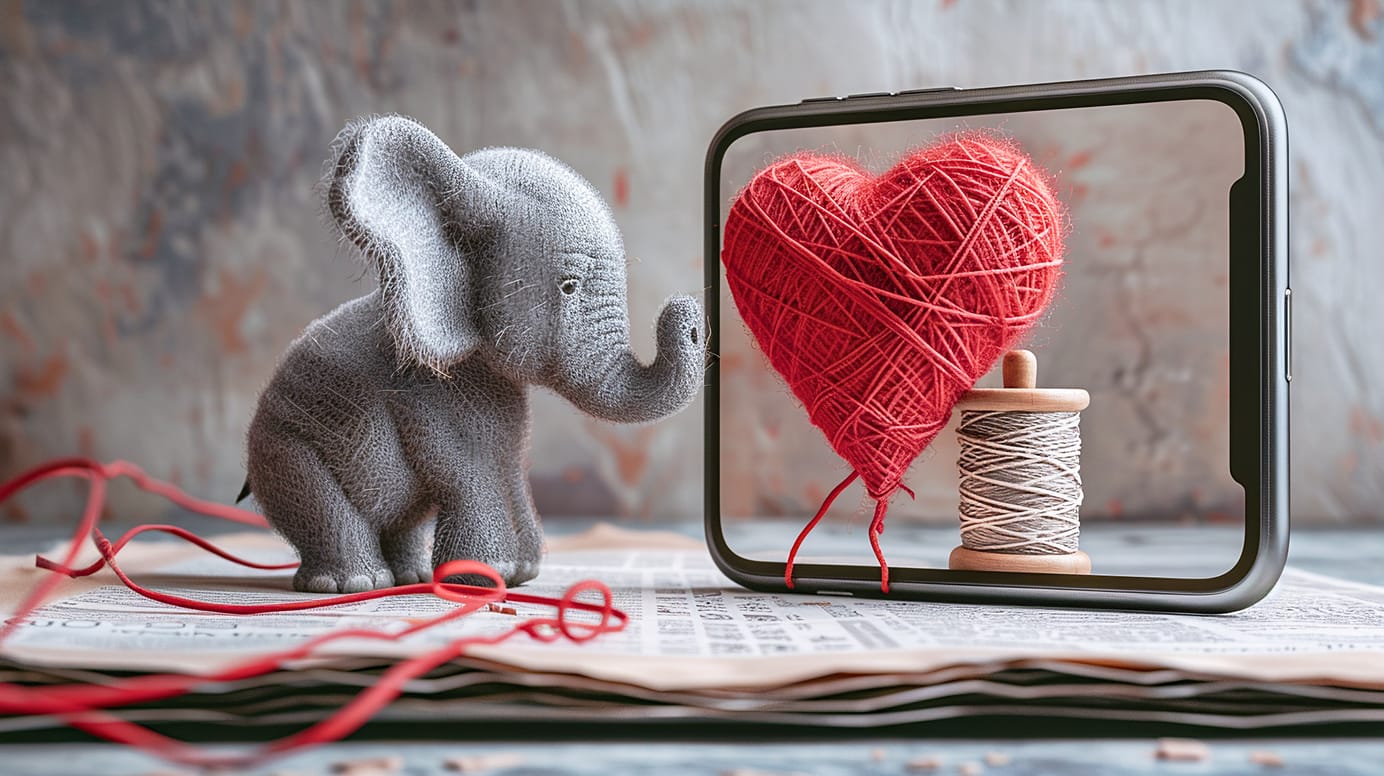
Twitter to UnLike Likes?
Could Twitter be about to kill the Like? What impact would that have on the network?
Margi Murphy, writing for The Telegraph:
Twitter is planning to remove the ability to "like" tweets in a radical move that aims to improve the quality of debate on the social network.
This is an interesting move, if true. The Like — or a variation of it — has become such a standard feature of most social networks that it's hard to imagine life without it. But it could well be one of the most damaging features of the the service. Likes trigger the part of us that craves validations and so, conversely, an absence of them feels like a rejection.
Turns out the apathetic silence in response to my twitter updates is the opinion of actual humans. Brill. #twitteraudit pic.twitter.com/zBiraMmorY
— Sarah Rachel Jones (@SarahRachJones) October 28, 2018
Murphy again:
But psychologists have suggested that they may be causing social media addiction among users who crave endorsement from their peers. It has led to a trend where young people will tweet or share something on Instagram and Facebook but will delete it if they have not received enough “likes” shortly after.
I'm a regular user of a service where liking is just private bookmarking. It does, in fact, encourage higher-quality conversations, because if you want someone to know that you appreciate what they posted, you have to write something. And that can lead to some great discussions. It also means that the service has an almost complete absence of "Like-bait" posts. This could be a transformative change to Twitter, and will genuinely start to change the social dynamics of the platform.
Retweets: the context collapse machine
However, I do think that there should be a target higher on Twitter's list: the native retweet. The most recent episode of the Accidental Tech Podcast discussed this at some length, and it's worth thinking about. The problem with the native retweet is that it's easy, and that it rips a tweet from its native context.
In the old days, retweeting was a manual and time-consuming process. You had to copy and paste the tweet, type "RT @username" at the beginning, and often edit the tweet to keep all that within 140 characters. Twitter's native retweet functionality, introduced in late 2009, broke that, and allowed you to propel a tweet forwards with a single click of a button.
That feels great for the person being retweeted, and drives affirmation-seeking behavior just as Likes do, but also creates context collapse, where tweets become detached from the personality and language of both their creator and the social group they hang around with online. That context collapse is the source of so much anger and disagreement on Twitter that killing the native retweet could solve much of Twitter's toxicity problem in one fell stroke.
Update
Twitter has admitted that it is considering the role of the Like button, but cautioned that we shouldn't expect changes soon:
As we've been saying for a while, we are rethinking everything about the service to ensure we are incentivizing healthy conversation, that includes the like button. We are in the early stages of the work and have no plans to share right now. https://t.co/k5uPe5j4CW
— Twitter Comms (@TwitterComms) October 29, 2018
Further reading:
- Quartz has a good piece on how many of the features we associate with Twitter were actually invented by the users
- I wrote about context collapse a few months ago
Sign up for e-mail updates
Join the newsletter to receive the latest posts in your inbox.










